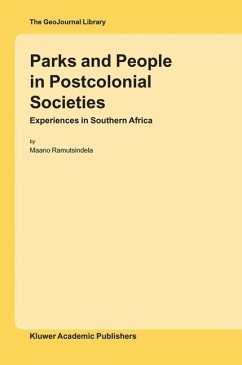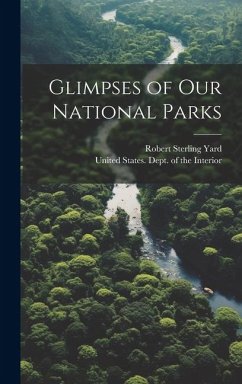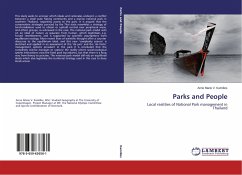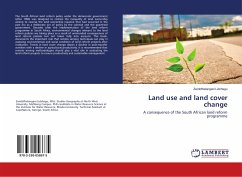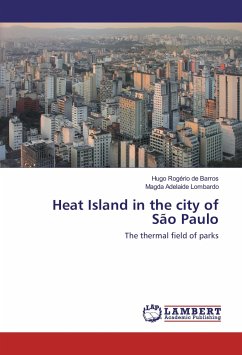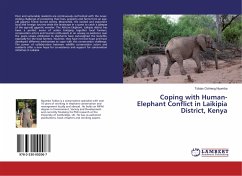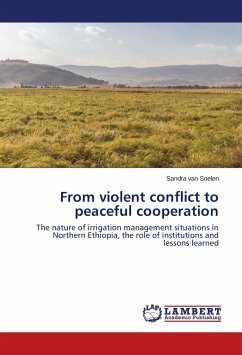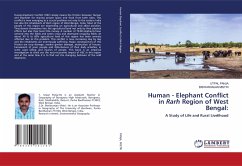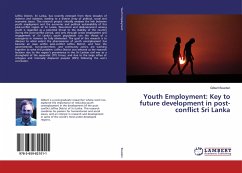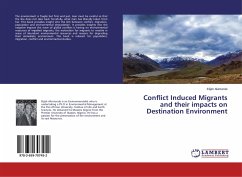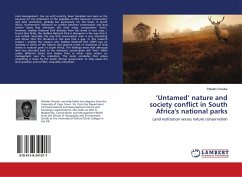
'Untamed' nature and society conflict in South Africa's national parks
Land restitution versus nature conservation
Versandkostenfrei!
Versandfertig in 6-10 Tagen
24,99 €
inkl. MwSt.

PAYBACK Punkte
12 °P sammeln!
Joint-management, has up until recently, been heralded and seen as the panacea for the settlement of the palpable conflict between conservation and land restitution, globally; but particularly, for this book, in South Africa. Furthermore, literature on conflict between conservation and land reform claims that whenever this clash arises, conservation "wins". However, Vaalbos National Park deviates from this trend in two ways. I found that firstly, the Vaalbos National Park is divergent in the way that it was settled. Secondly, the way that conservation won is very interesting and shows that the...
Joint-management, has up until recently, been heralded and seen as the panacea for the settlement of the palpable conflict between conservation and land restitution, globally; but particularly, for this book, in South Africa. Furthermore, literature on conflict between conservation and land reform claims that whenever this clash arises, conservation "wins". However, Vaalbos National Park deviates from this trend in two ways. I found that firstly, the Vaalbos National Park is divergent in the way that it was settled. Secondly, the way that conservation won is very interesting and shows that the literature in this area had a gap. In this research project I analyse the reasons why Vaalbos National Park (VNP) was an anomaly in terms of the historic and general trend of resolution of land claims in national parks in South Africa. The findings show that although land was returned back to the claimants, conservation still "wins" albeit under different forms and shapes than in other cases where co-management was the resolution. This book concludes that unless something is done by the South African government to fully assess the land question and conflict, inequality will persist.



